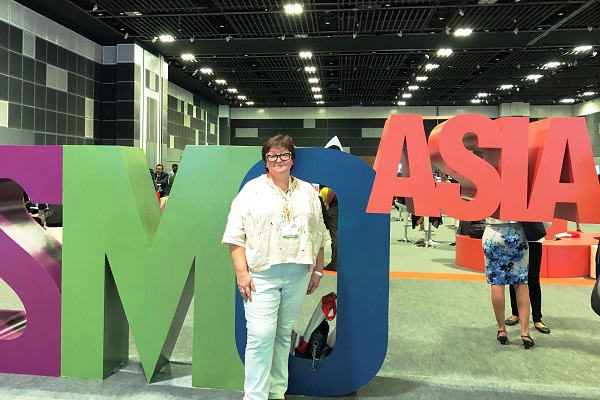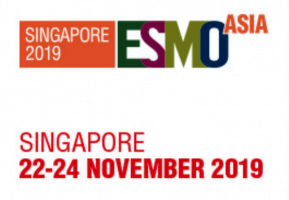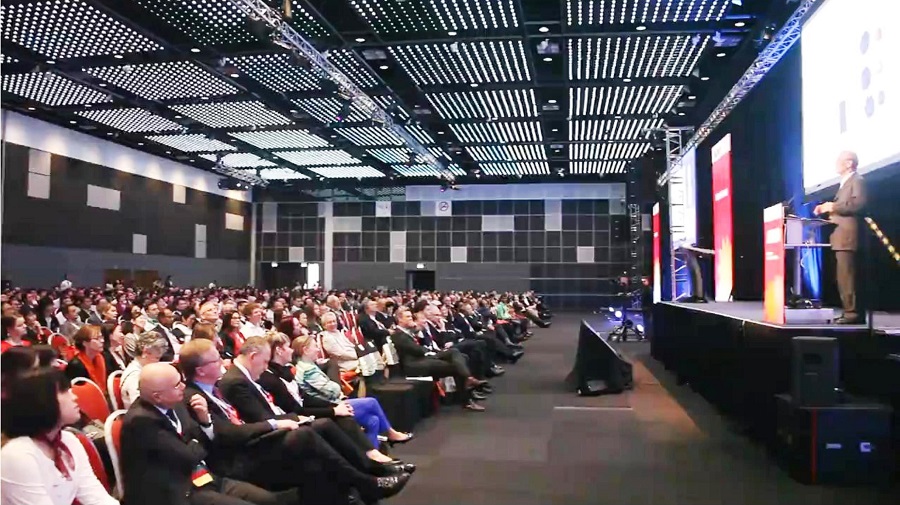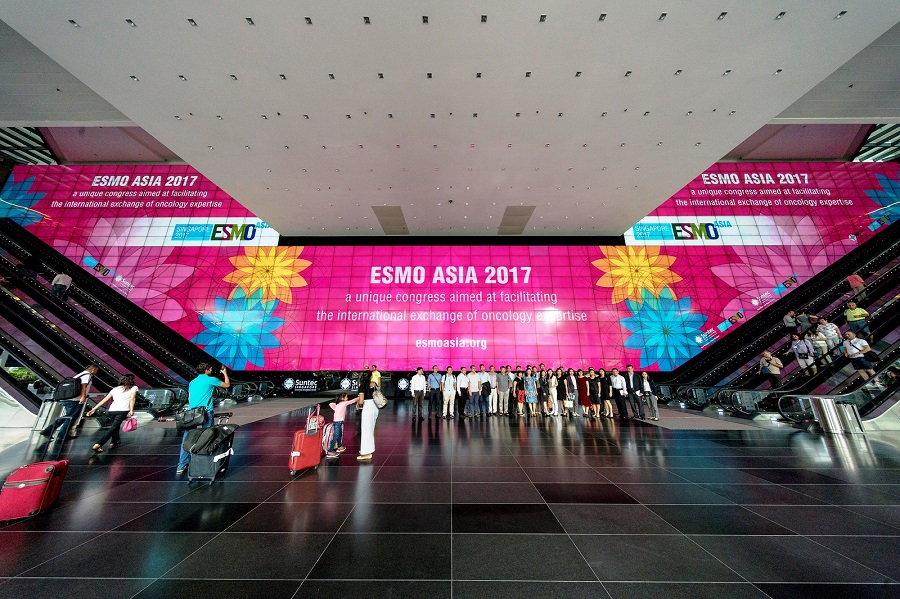Associate Professor of the Department of Oncology Cand. Med. Sc. Olga Ponomaryova attended the fifth meeting of the ESMO Asian Congress - ESMO Asia 2019, held in Singapore from November 22 to 24, 2019. This event brings together the most experienced international experts to present a comprehensive, regional approach to multidisciplinary oncology.

ESMO offers the ideal platform for science, ensuring that the best of the current advances in oncology are applied to the most current issues in the treatment of common cancers, as well as to educate oncologists through a high-quality program designed to share standards of treatment and care for cancer patients. The colossal efforts of the world medical community are aimed at improving the results of treatment and preserving the quality of life in oncological patients. The very peculiarities of the epidemiology of the region, where the Congress took place, as well as the specific nature of treatment approaches related to the identification of the stages of the tumor process and the responses to various types of anticancer treatment, determine the peculiarities of implementation of the modern achievements of the world oncology community in the Asian region.
 Local trends in the detection of early stages of lung cancer in some Asian countries and approaches to the planning of surgical and therapeutic strategies are determined by the peculiarities of the local mutational-molecular status in the subpopulations of patients in the Asian region, as well as the course of the tumor process and the impact of the results implementation.
Local trends in the detection of early stages of lung cancer in some Asian countries and approaches to the planning of surgical and therapeutic strategies are determined by the peculiarities of the local mutational-molecular status in the subpopulations of patients in the Asian region, as well as the course of the tumor process and the impact of the results implementation.
The Congress has reviewed the source material and available technological aspects of liquid biopsy in the treatment of solid tumors. Optimized use of biomarkers for this type of biopsy in diagnosis are implemented to select and manage the patients’ treatment risks. The role of repeated liquid biopsy procedures in the recurrence of various malignancies can be considered potentially affordable; it is considered possible to experimentally use a liquid biopsy to evaluate the effect of treatment. Integrated new data concerning the latest ESMO and ESCAT Guidelines, as well as update on recommendations for the use of liquid biopsies by medical oncologists in lung, breast, and colorectal cancer were discussed.

Very interesting results have been reported regarding combination therapy with the PD-L1 inhibitor atezolizabab and the VEGF inhibitor bevacizumab; this combination significantly improves overall survival and progression-free survival in patients with unresectable hepatocellular carcinoma compared to standard treatment with the target molecule sorafenib. The combination of atezolizabab with bevacizumab may be a treatment modification that changes the paradigm of treatment for hepatocellular carcinoma in practice.

The continued development of theoretical and clinical oncology practices has made it possible to save a large number of human lives and give hope to many patients.



